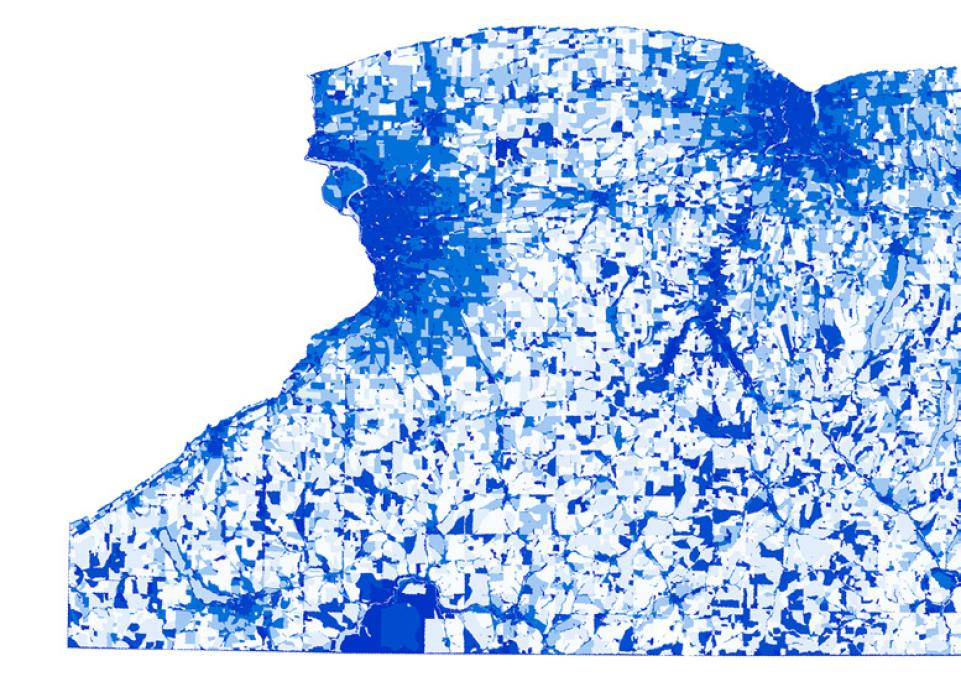
The UB-Buffalo State Health Geography Alliance is presenting the Western New York Health Geography and Geographic Information Systems (GIS) Day, Wednesday, August 15. Roswell Park Cancer Institute is hosting the event. The event's purpose is to show health care professionals, members of law enforcement, representatives from community organizations, and policy makers how the discipline of geography can improve the health of Western New Yorkers. Registration is required for the all-day event.
Congresswoman Kathy Hochul is presenting the morning keynote welcome; William Wieczorek, director of the Center for Health and Social Research and professor of geography at Buffalo State, will give the morning keynote presentation, "Why Geography Matters for a Healthy Western New York."
William J. Hochul, Jr., United States Attorney for the Western District of New York, is presenting the afternoon keynote welcome. Geoffrey M. Jacquez, professor of geography at UB, is giving the afternoon keynote presentation, "Finding Patterns on Maps and How Mobility Affects Those Patterns."
Download complete schedule (PDF).
Geography and Health: A Long History
"Geography has played an important role in understanding health and disease," said Wieczorek. "With the advent of GIS—which is essentially computerized mapping—geography can play an even bigger role in promoting health, preventing the spread of disease, and identifying issues relating to the access of health care."
The earliest example of the confluence of geography, maps, and health occurred in London in 1854. Dr. John Snow used a map to show where people had died of cholera; the map showed the deaths were concentrated around a particular public water pump, and he persuaded authorities to remove the pump’s handle to prevent its usage.
"The purpose of Health Geography and GIS Day is to introduce more people to the usefulness of GIS in particular, and other geographic concepts as well," said Wieczorek. To that end, participants can attend two of six breakout sessions presented by experts.
The speakers represent the School of Public Health and Health Professions at the University at Buffalo and the Center for Health and Social Research at Buffalo State, and the Geography Departments at both institutions. The Empire State Public Health Training Center is supporting the event through a grant from the U.S. Department of Health and Human Services Health Resources and Services Administration.
